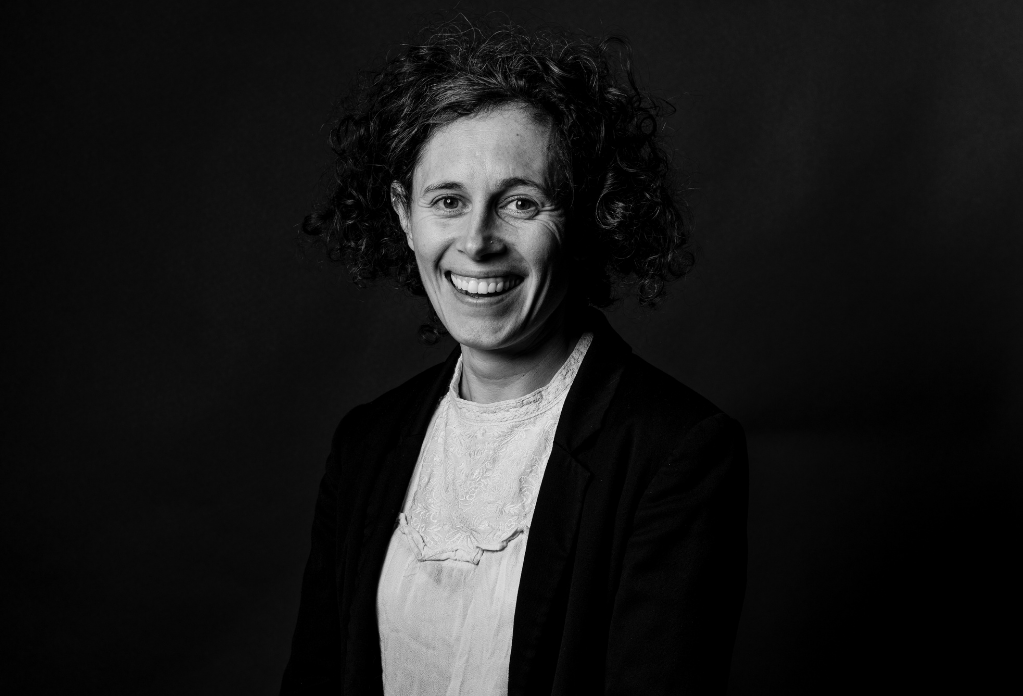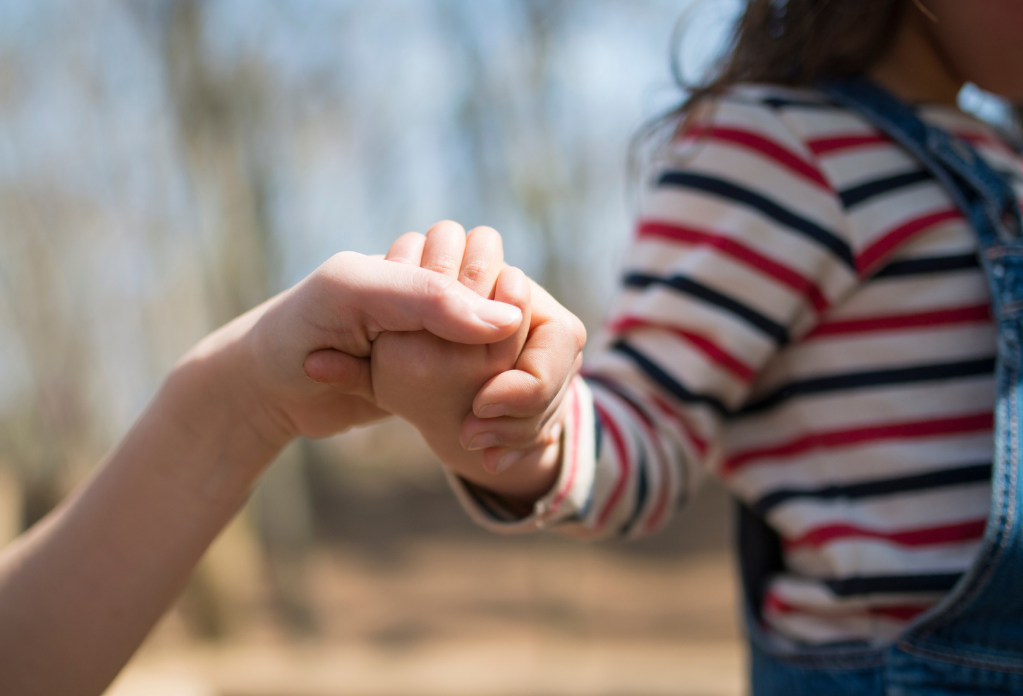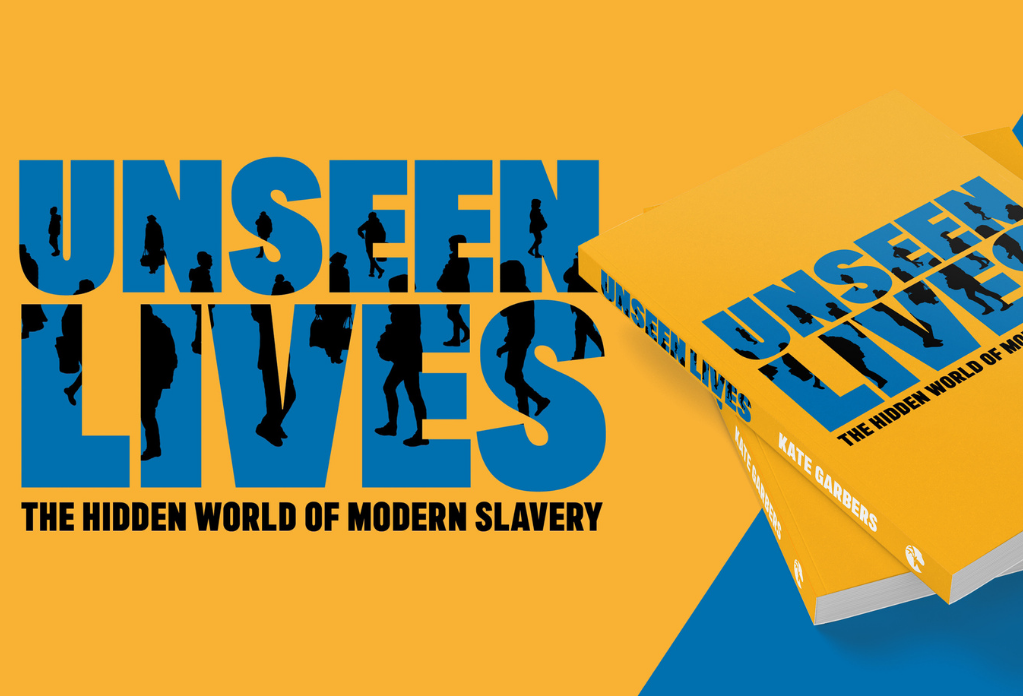How did the writer Kate Garbers first find out about modern slavery? In this extract from her new book, Kate recalls her first encounter with the idea of human exploitation – an experience that would change the course of her career.

When I was first exposed to the issue of slavery I was a primary school teacher, fiercely relearning my times tables to ensure that I would be able to outwit the seven and eight-year-olds in my class.
As part of my summer holiday one year, my husband and I decided to join a team of volunteers heading to Ukraine to work in an orphanage.
We wanted to offer something back, to visit a new country and have an adventure. This trip was to become a regular feature of the next five summers for me.
One stifling hot day in the summer of 2008, I got talking to a boy called Anatolyi, sitting under the shade of a large tree in the grounds of the orphanage.
We were sitting on the dusty floor under the tree making friendship bracelets – the classic summer club activity – when I asked a question of Anatolyi, via our translator. The general clamour of the orphanage seemed to stop as I tried to absorb what I was being told.

Anatolyi had arrived at the orphanage at about three or four years old. He’d been dropped off there by the people who had kidnapped his mother.
He described how he and his mother been walking down the street in their hometown one day when a car pulled up alongside them. Before he knew it, some men had got out of the car and surrounded him and his mum.
The last time he saw his mum
He remembered how he’d been approached by one of the men and offered an ice cream. As he turned to show his mum his choice, he saw her being bundled into the back of the car. It was the last time he saw her.
When we spoke, Anatolyi had no knowledge of where his mum was or if they would ever see each other again. He seemed to feel he was better off than other children in the orphanage. At least he’d not been abandoned by choice.
The translator suggested that his mother would have been forced to sell sex for money – that she’d been trafficked for sexual exploitation. At the time, these were words I did not fully comprehend.
My brief exposure to orphanage life informed my understanding, not only that is life hard while growing up in an orphanage but that hardships often tend to continue once the orphanage has been left behind.
Life after the orphanage
Children are often institutionalised and with restricted access to financial resources, limited education, life skills and opportunities, and no onward support to speak of, either from family or the state, the system actively makes them vulnerable.
A conversation with the director of the orphanage later in the week confirmed what I had also heard about “people” waiting outside the orphanage gates when the time came for the children to move on.
These people offered places to stay and work and opportunities that would never transpire. Alone, homeless and with little or no income, the children were at clear risk of exploitation.
I have rarely shared the details of this experience, but I think of it most of the time. It’s what led me to co-found Unseen – and a career working to end modern slavery for good.

This is an edited extract from Kate Garbers’ new book Unseen Lives: the Hidden World of Modern Slavery.
For more information and to buy a copy with an exclusive 20% discount, go to https://uk.jkp.com/products/unseen-lives and include the code UNSEEN. All proceeds from sales of the book are being donated to Unseen.


